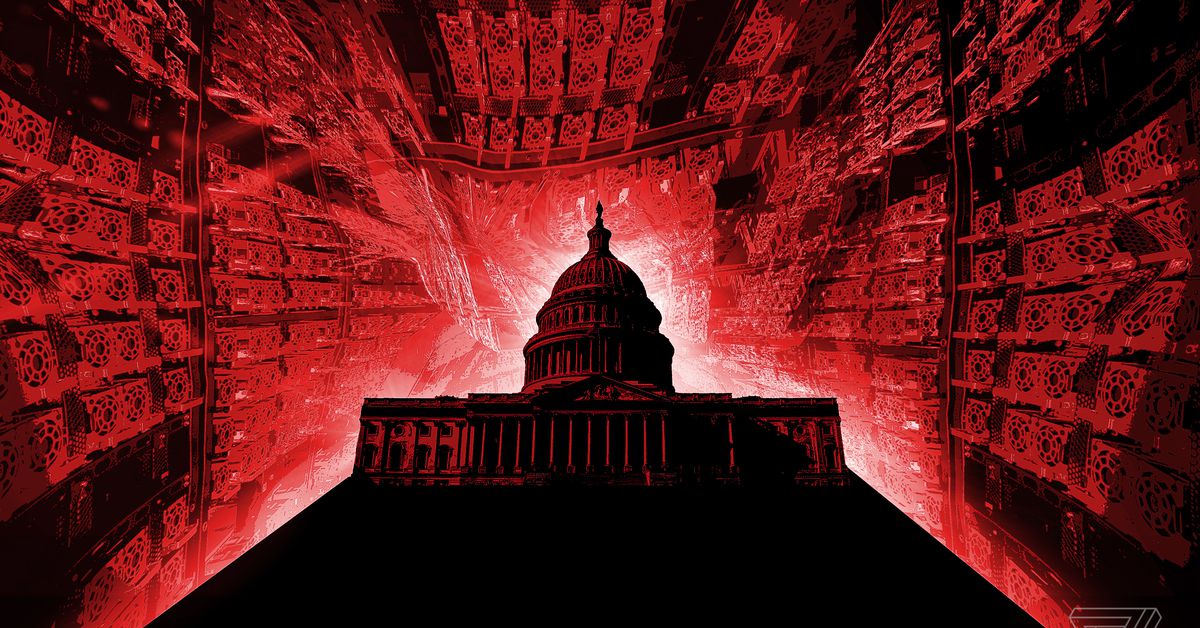
President Joe Biden picked one of tech’s most ardent critics, Lina Khan, to join the Federal Trade Commission on Monday. For Democrats and progressives, Khan’s nomination was a sign that the Biden administration may be the toughest one in history when it comes to tech.
“We need all hands on deck as we work to take on some of the biggest monopolies in the world, and President Biden is making his commitment to competition clear,” Senate antitrust committee leader Sen. Amy Klobuchar (D-MN) said Monday.
Even White House Press Secretary Jen Psaki said to expect more tech scrutiny from Biden earlier this year. “The president has been clear — on the campaign, and, probably, more recently — that he stands up to the abuse of power, and that includes the abuse of power from big technology companies and their executives,” Psaki said.
Khan and other anti-tech progressives will be working against decades of inertia
But even if optimism is high for the incoming FTC, Khan and other anti-tech progressives will be working against decades of inertia. Khan would only be one vote on a commission of five with a tattered history of sorry settlements and deals with companies like Facebook and Google. Over the years, antitrust enforcers have been starved of the resources necessary for taking on complicated and lengthy competition cases, and there are real concerns about whether the FTC will have the resources or legal authority to take on Big Tech, no matter who’s at the helm.
With Khan replacing Democratic Commissioner Rohit Chopra, Biden has one more seat to fill before Democrats have a 3-2 majority at the agency and can begin filing suits or making settlements. For the interim, Acting Chair Rebecca Slaughter is leading the FTC, but Biden hasn’t announced who he’ll officially nominate to lead the agency. It’s unclear if Biden’s FTC chair will be as skeptical of tech’s market power as Khan and Slaughter.
Before being nominated to the FTC, Khan burst onto the antitrust scene after publishing a legal paper called the “Amazon Antitrust Paradox.” It became immediately popular with tech critics. Shortly after, Khan worked as legal counsel for the House antitrust subcommittee’s 16-month probe into giant tech firms like Apple, Amazon, Facebook, and Google. That investigation produced a 400-page report from Democrats calling for new laws to better help law enforcement agencies like the FTC take on antitrust cases against tech.
“My strategy is you’ll see a number of bills introduced, both because it’s harder for (the tech companies) to manage and oppose, you know, 10 bills as opposed to one,” House Judiciary antitrust subcommittee chair Rep. David Cicilline (D-RI) told Axios this week.
That work is still beginning, but the House has signaled that it plans to introduce legislation that would beef up the FTC later this year. Republicans and Democrats agree on a handful of measures to help the FTC take on tech. These proposals range from legislating more funding for enforcers to pay for lengthy legal battles against wealthy tech companies. As Alex Kantrowitz wrote in Big Technology last year, the FTC’s budget is less than $350 million a year, while Facebook makes billions every quarter.
Lawmakers have also proposed changing the burden of proof for proposed mergers so that large companies would have to prove that their acquisitions aren’t anti-competitive before they’re allowed to finalize them. This would put more of the onus on huge tech firms when they decide to buy up a nascent company.
The FTC isn’t the only agency with the authority to challenge tech monopolies. Earlier this month, the Senate confirmed Merrick Garland as US attorney general. When Garland was first nominated in January, experts pointed to his antitrust experience as evidence that he would crack down on Big Tech. Still, Biden has yet to nominate anyone to lead the Justice Department’s antitrust division, and The Intercept reported earlier this year that two attorneys who previously advised tech companies were in the running for the role.
Biden still has a lot of work to do before his administration truly pivots away from the Silicon Valley coziness of the Obama administration. But if the White House and Congress get to work, the FTC could pose a significant and immediate threat to the growing power of Big Tech.
